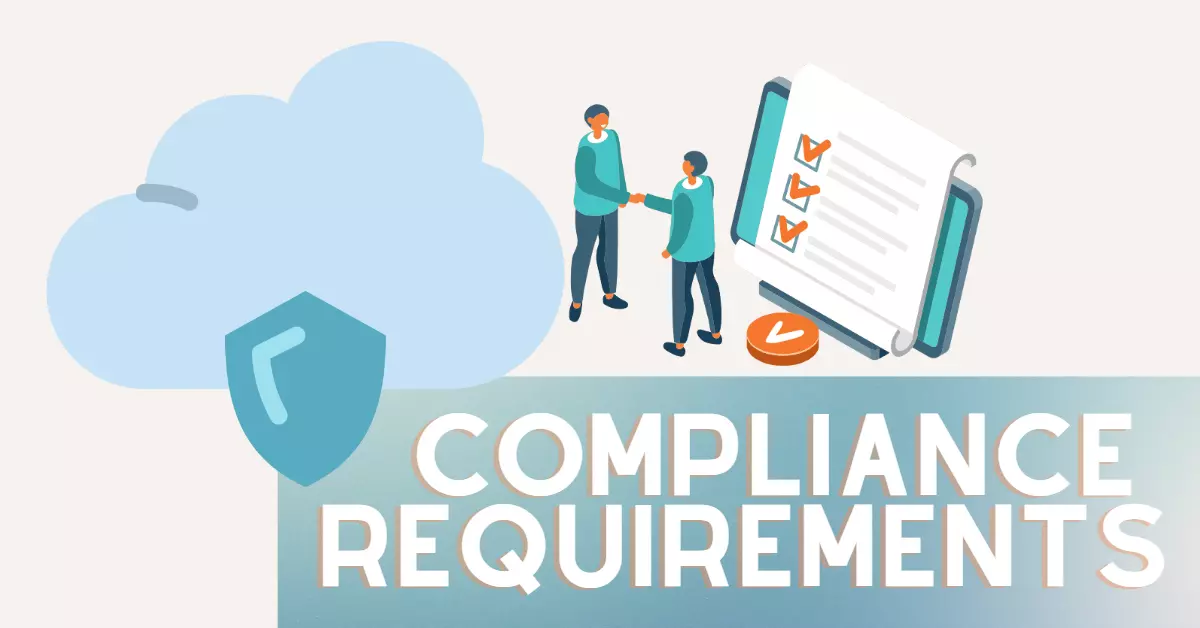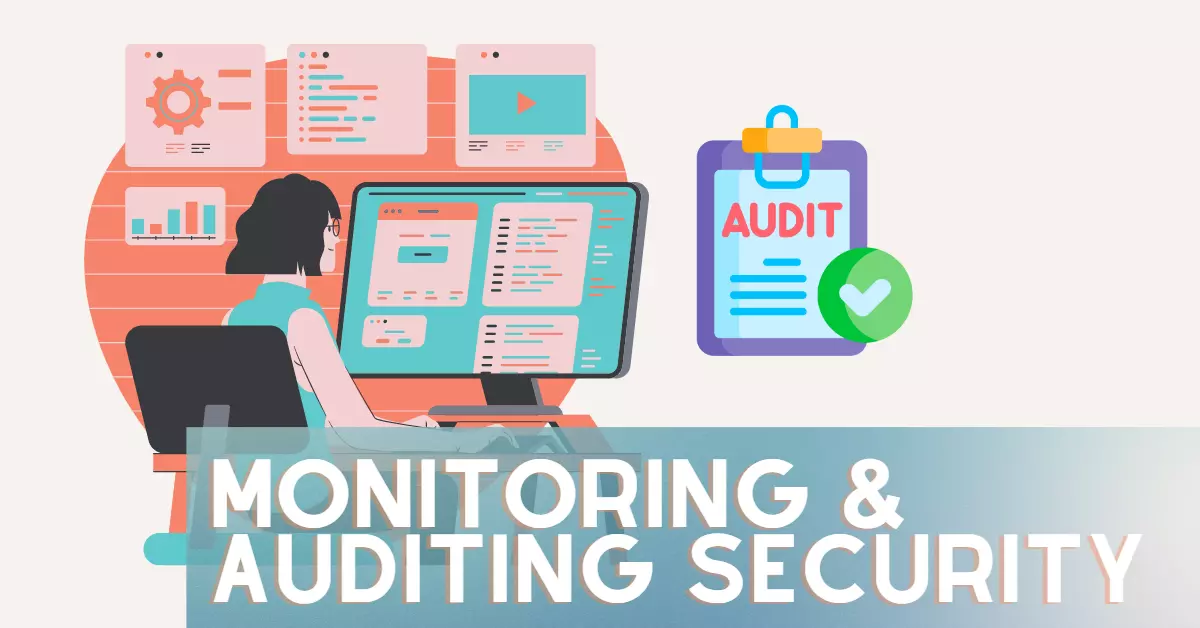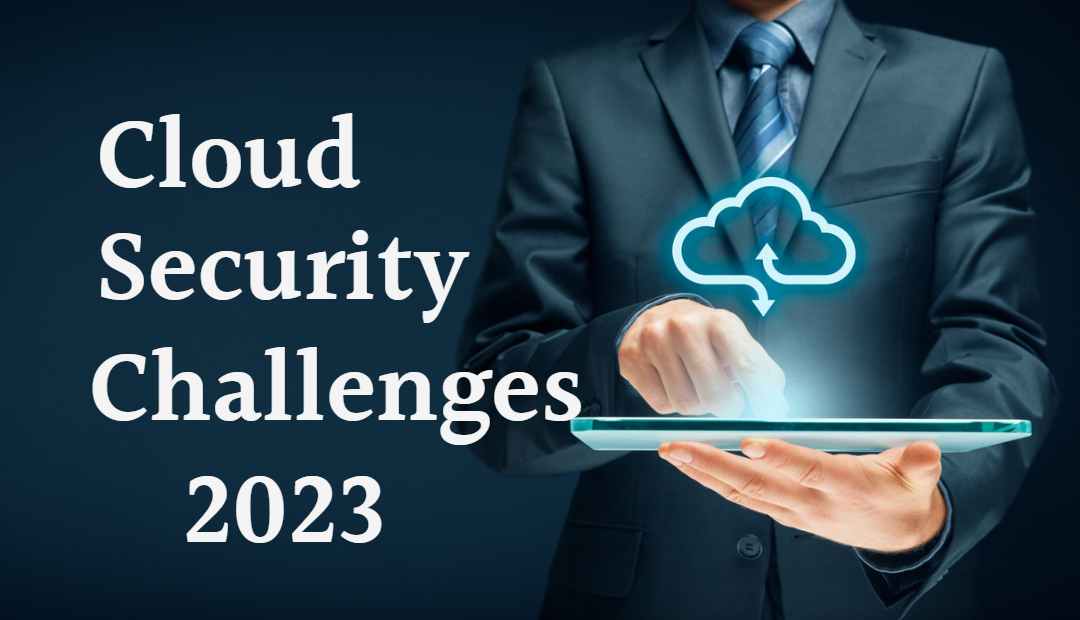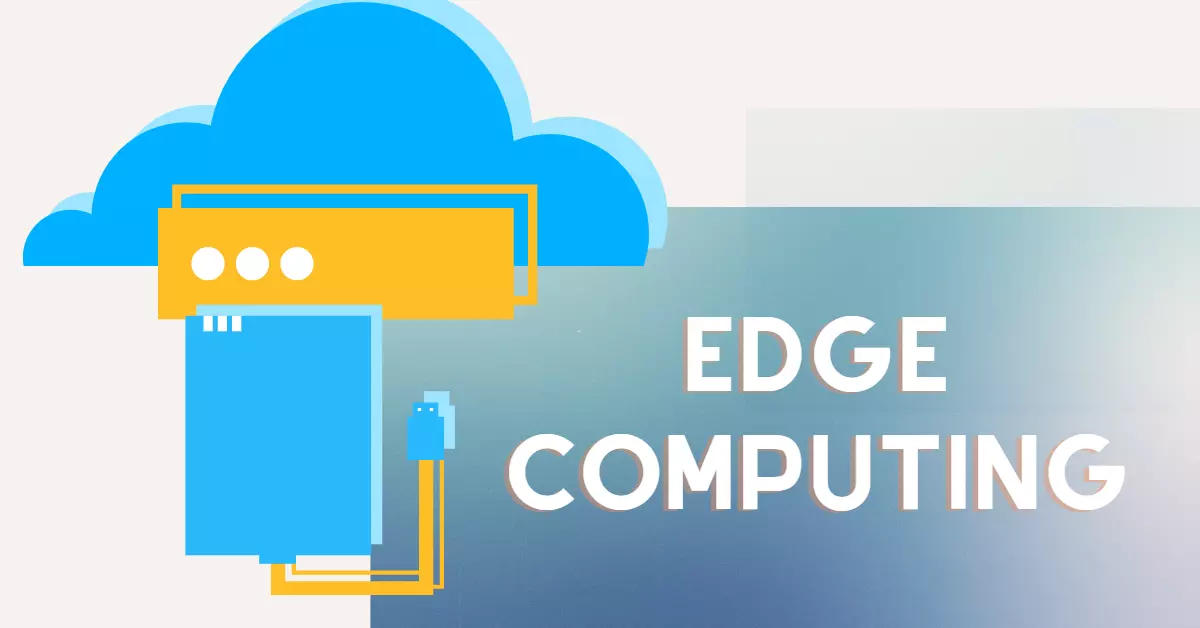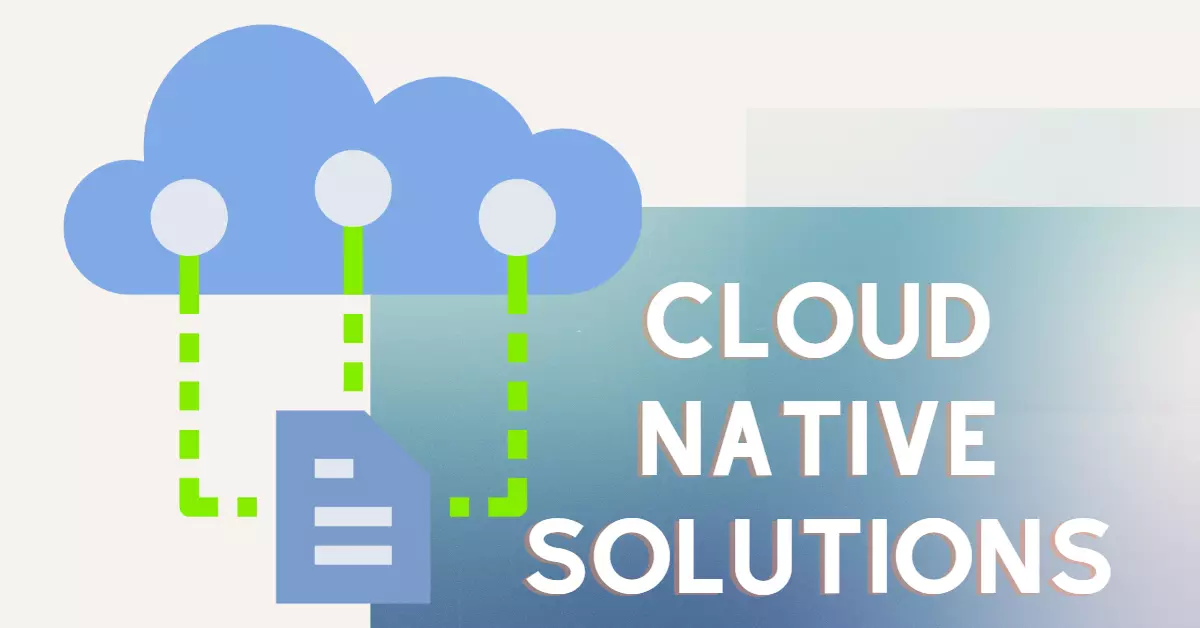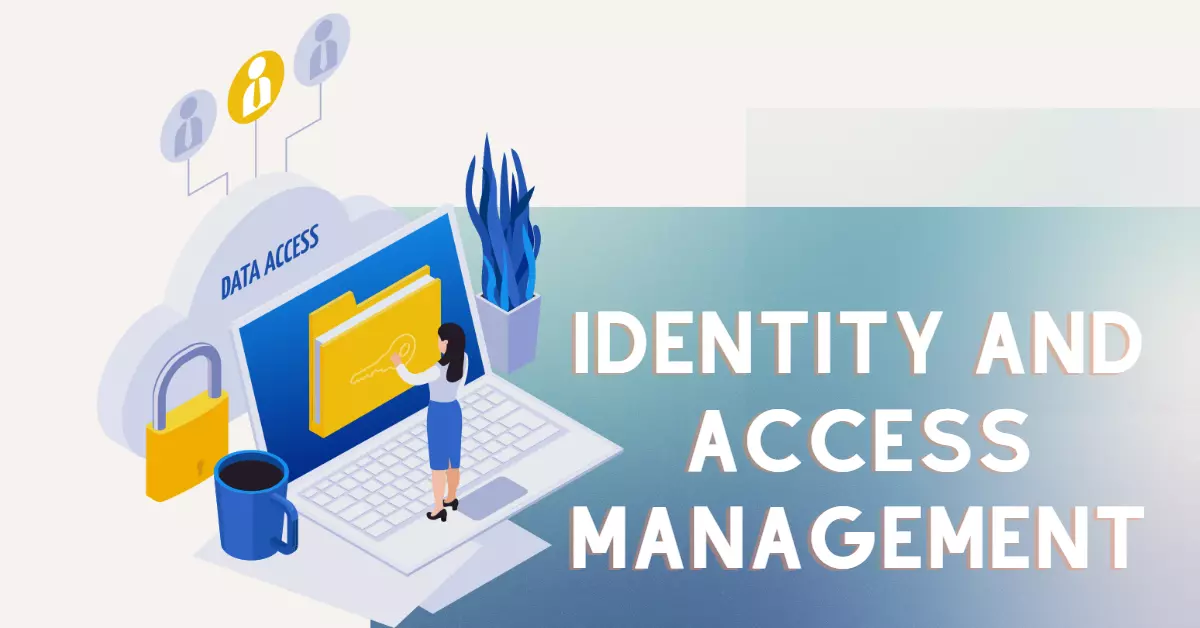As businesses increasingly move to the cloud, it is important to ensure that their sensitive data is protected and that they are compliant with industry standards. Two of the most important standards for cloud security are the Payment Card Industry Data Security Standard (PCI-DSS) and the Health Insurance Portability and Accountability Act (HIPAA). In this blog post, we will take a detailed look at these standards and explore how to navigate compliance requirements for cloud security.
The Payment Card Industry Data Security Standard (PCI-DSS) is a set of security standards created by major credit card companies to protect against credit card fraud. This standard applies to any organization that accepts, processes, or stores credit card information. Compliance with PCI-DSS is mandatory for any business that accepts credit card payments, and non-compliance can result in hefty fines.
One of the key requirements of PCI-DSS is the need to protect cardholder data. This includes sensitive information such as credit card numbers, expiration dates, and CVV codes. To meet this requirement, businesses must implement strong security controls, such as encryption and secure socket layer (SSL) certificates, to protect this information as it is transmitted over the internet. Businesses must also conduct regular security assessments to identify and mitigate vulnerabilities in their network and systems.
Another important standard for cloud security is the Health Insurance Portability and Accountability Act (HIPAA). This law applies to any organization that handles protected health information (PHI), such as hospitals, clinics, and insurance companies. Compliance with HIPAA is mandatory for any business that handles PHI, and non-compliance can result in heavy fines.
One of the key requirements of HIPAA is the need to protect PHI. This includes sensitive information such as patient names, addresses, and medical records. To meet this requirement, businesses must implement strong security controls, such as encryption and secure socket layer (SSL) certificates, to protect this information as it is transmitted over the internet. Businesses must also conduct regular security assessments to identify and mitigate vulnerabilities in their network and systems.
In summary, compliance with standards such as PCI-DSS and HIPAA is crucial for protecting sensitive data and avoiding heavy fines. By implementing strong security controls, conducting regular security assessments, and staying up to date with the latest compliance requirements, businesses can navigate compliance requirements for cloud security with ease. It’s important to note that these standards are not only legally required but also provide a framework of best practices for securing sensitive data, regardless of the industry you are in.
It’s important to keep in mind that compliance with these standards is an ongoing process, not a one-time event. Businesses must regularly monitor their systems, update security controls, and conduct assessments to ensure that they are in compliance at all times. Additionally, businesses must also be prepared to respond quickly and effectively to security breaches and other incidents that may occur.
In conclusion, navigating compliance requirements for cloud security can be a daunting task, but it is essential for protecting sensitive data and avoiding hefty fines. By following best practices and staying up to date with the latest standards, businesses can ensure that their cloud environment is secure and compliant with industry standards. Remember, security is a continuous effort and it’s important to be proactive and stay vigilant to secure your sensitive data in the cloud.

